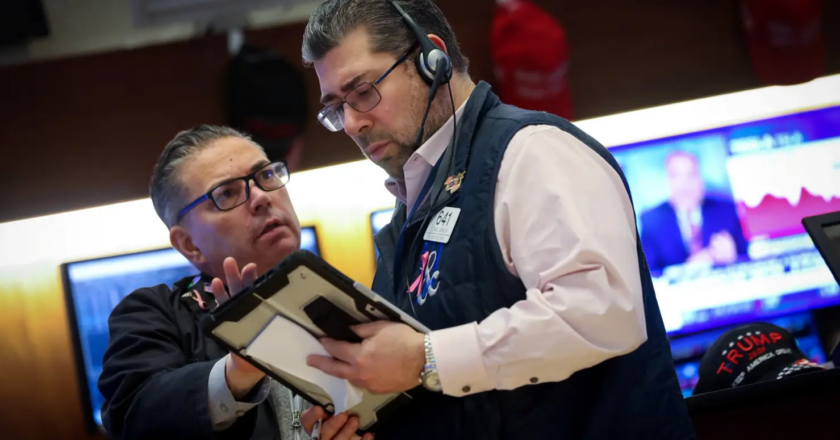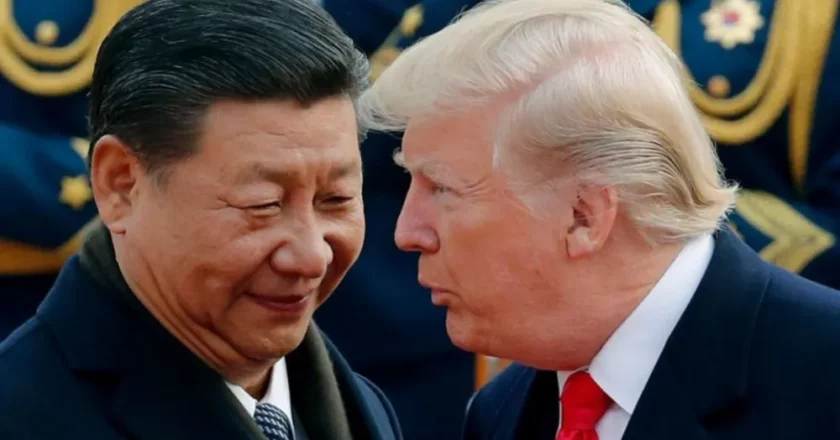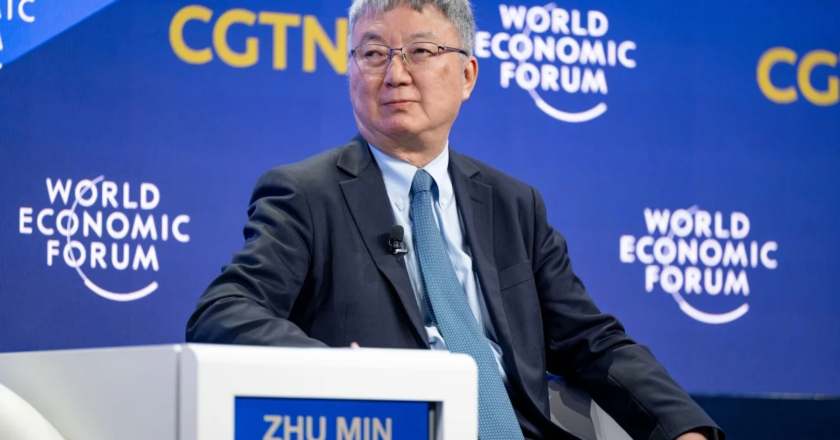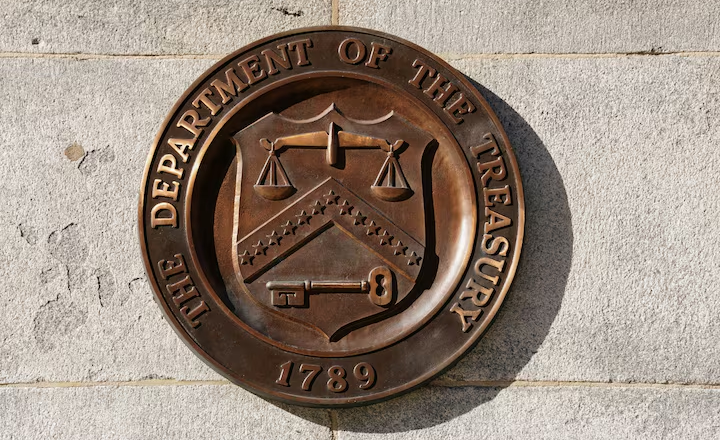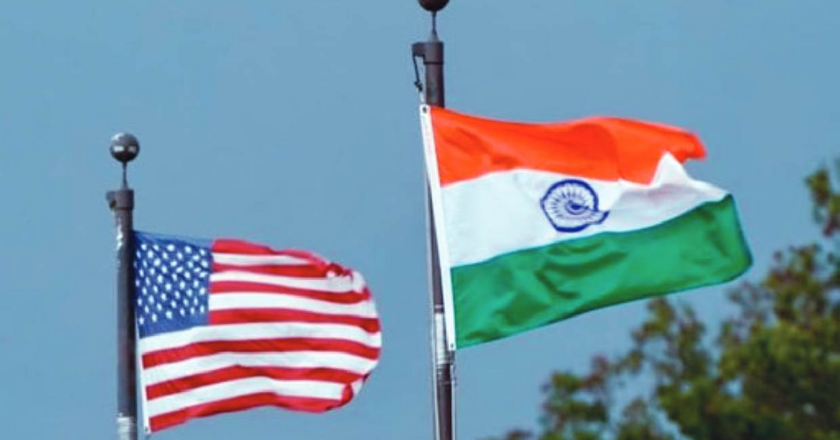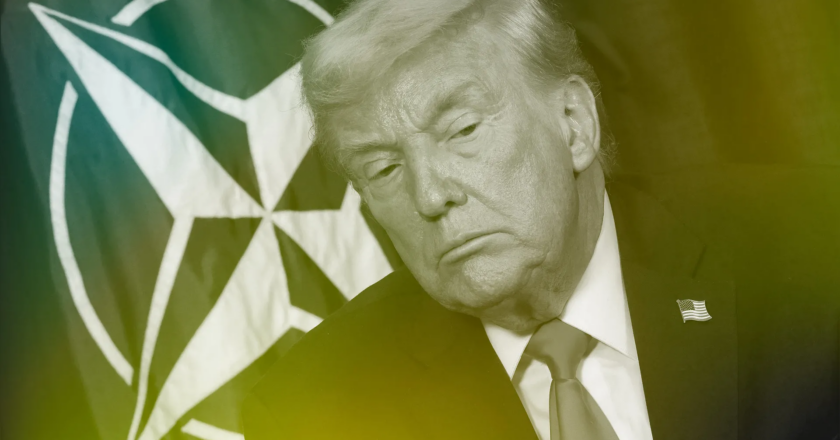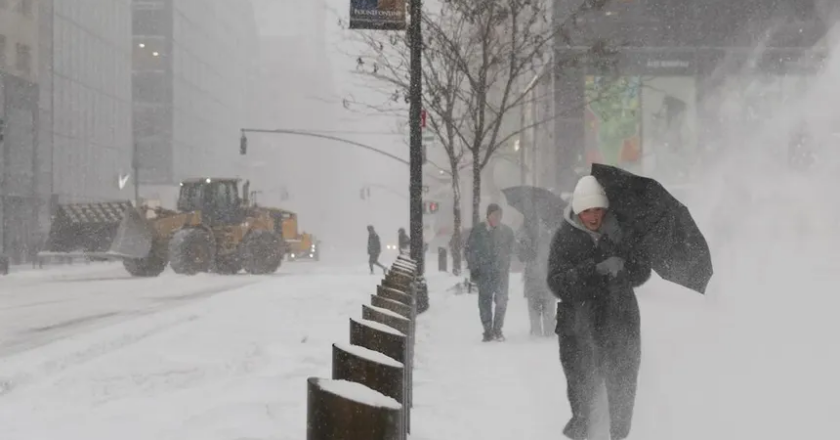US economy shows resilience, despite Americans’ pessimism
Recent economic data offered a buoyant picture of the US economy, even if many Americans remain pessimistic.
Friday’s inflation report, which indicated that prices were 2.5% higher in January compared to the previous year, suggested it was plausible for inflation to get to the Federal Reserve’s 2% target without inducing a recession, an achievement many economists thought “impossible” a few years ago, The Wall Street Journal reported. Employment remains strong, too.
Yet worrying details hide beneath the surface: Job openings are falling, reflecting AI-related cost savings, while inflation is still high in some areas, including home electricity prices. “The economy looks solid. The markets look solid. Just don’t look too closely,” Axios said.
